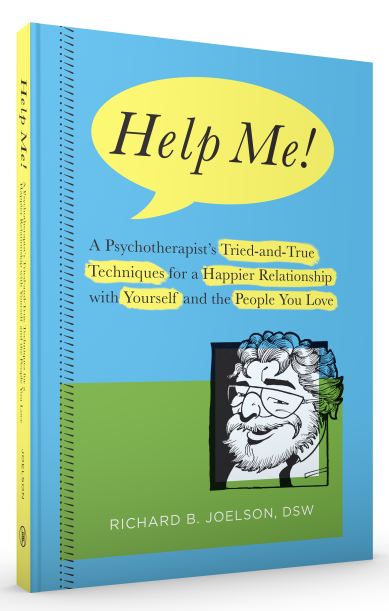Fostering self-esteem despite the circumstances…
In the course of one’s life, many positive and negative things will occur that are unexpected and may be unexplained. We are, of course, delighted when the positive event comes our way that contributes something to our welfare, e.g., the unexpected raise or promotion at work, or a personal success such as a new romantic partnership. Negative events or developments, not surprisingly, are more difficult to process and for some require considerable effort to accept.

Image by ijmaki/Pixabay
Diane was stunned when she was abruptly informed that she was being fired from her high-level executive position. She had enjoyed two successful years at her job and seemed well-liked by her senior colleagues and subordinates, so she could not understand why she was being let go without clear cause.
Ed, a divorced father of two young sons and a self-proclaimed “veteran of the dating wars,” was thrilled to have met Kathy through a mutual friend and was thoroughly enjoying the positive progression of their new relationship. Unexpectedly, Kathy seemed to cool to Ed’s further overtures and weeks later declared her wish to end their relationship. Ed’s pursuit of an explanation for this sudden change seemed to fall on deaf ears as Kathy virtually disappeared from his life.
It is very understandable for people in situations like Diane’s and Ed’s to want to make sense of what occurred and to fill in the many blanks left open by the surprising actions of others. Arguably, occurrences like these are among the most difficult people face, for in addition to being shocking and bewildering, there may be nothing one can do about them. The only recourse may be to cope with the event in the best possible way.
Many people become self-critical or self-blaming in the course of their efforts to understand things that make no sense to them. People with self-esteem difficulties are especially vulnerable to self-blame and may develop explanations for negative events that inevitably make them feel even worse. This is best typified by conclusions like “It must be me,” “I must have done something wrong,” and “Maybe I was never adequate to begin with.”
While self-blame is something to avoid, an inquiry by the injured person into what they might have done to contribute to their unfortunate circumstance might prove extremely helpful. Diane might ask whether anything she did led to her dismissal, so that she might learn something that could benefit her in the future. It is possible that through thoughtful inquiry she might discover her firing had little, if anything, to do with her. In Ed’s case, similarly, rather than lick his wounds and disparage himself, he might discover something that would provide useful information for future romantic adventures. He might also come to realize that Kathy’s abrupt ending of their relationship had a great deal to do with Kathy and little, if anything, to do with him.
Actual outcomes:
Diane’s boss felt that while her work was superior, her role in the organization needed to be filled by someone who was more aggressive. While no one else in the company agreed, he was the boss and did as he pleased. Diane was helped to discover this information through her inquiry, and she walked away with both her self-esteem and her dignity intact.
Once Ed moved past self-blame to a meaningful self-inquiry, he discovered the possibility that his own growing ambivalence about Kathy may have led him to behave differently in the relationship. This perhaps prompted her to find him less appealing than she had earlier, when he was very enthused and eager to be with her. It was helpful too to learn by chance that she had been having a hard time with her strong positive feelings and that had made it difficult for her to continue with him.
